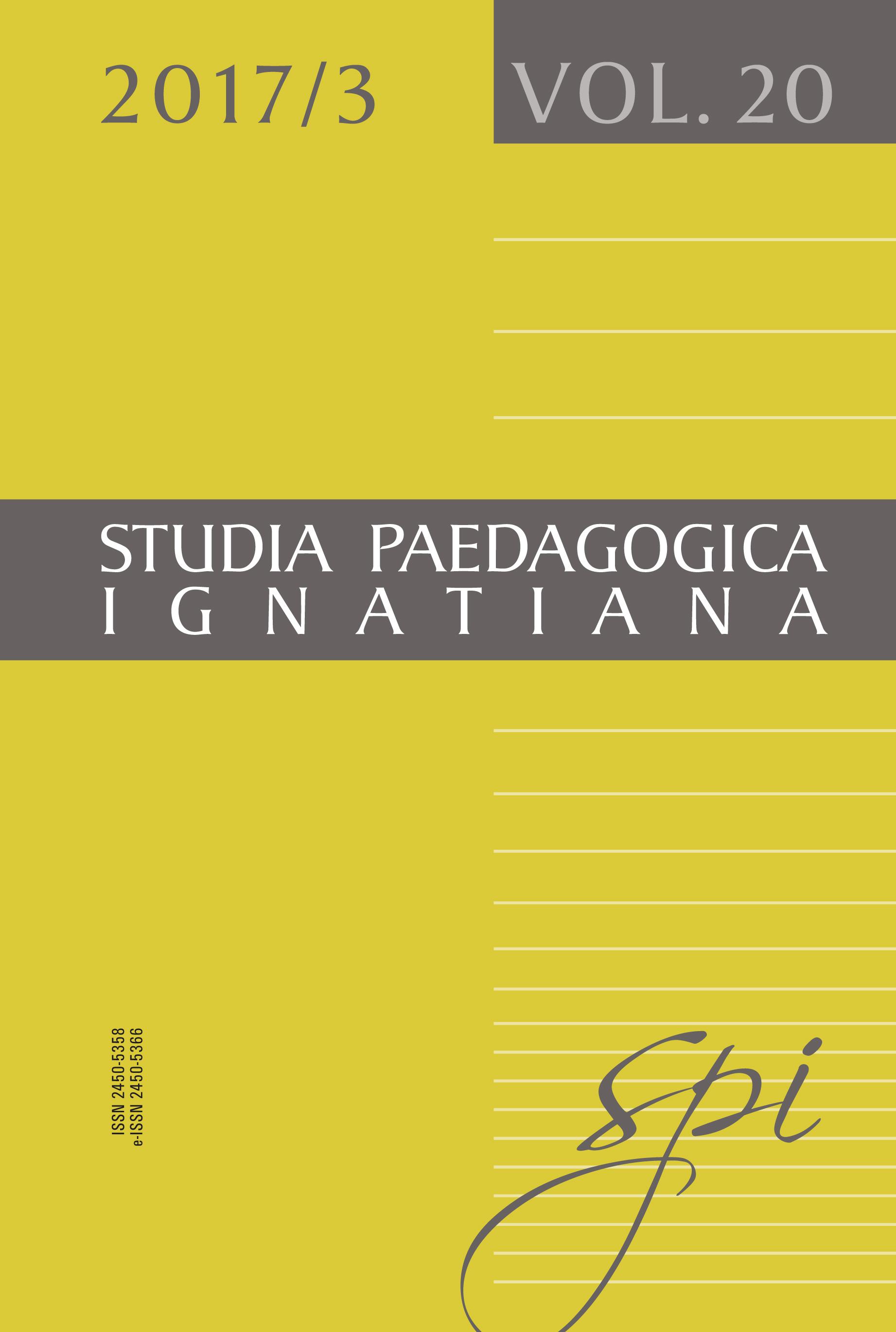Polskie tradycje edukacji domowej
The Polish Traditions of Homeschooling
Author(s): Krzysztof JakubiakSubject(s): Social Sciences, Education, History of Education
Published by: Uniwersytet Ignatianum w Krakowie
Keywords: tradition; home education; home schooling; Polish families; children; home teacher
Summary/Abstract: Homeschooling, also called private, played an important role in the life of a large part of Polish society from the 18th to the early 20th century. The particularly rapid growth of interest in this form of teaching took place in the second half of the nineteenth century. It was revealed both at the level of educational practice and reflections on the curriculum and teaching methodology. In the latter, an important role was played Adolf Dygasiński and Aniela Szycówna. Their theoretical achievements determined the direction of the development of the modern Polish theory of home education, which was then the basis of didactic and educational practice. Homeschooling was organized for their children not only by aristocratic and noble families (landowning), but wealthier bourgeois families, and in some provincial and peasant ones. This was only partly due to increasing political oppression (the Prussian and Russian divisions of the country). It was mainly the result of an increase in interest in this form of children’s education which stemmed from modernization processes and a deeper awareness of them amongst Poles.
Journal: Studia Paedagogica Ignatiana
- Issue Year: 20/2017
- Issue No: 3
- Page Range: 19-30
- Page Count: 12
- Language: Polish

